Generally, there are no legal restrictions on keeping bees. But in some places (especially in built up areas) there are local laws restricting or even prohibiting keeping bees.
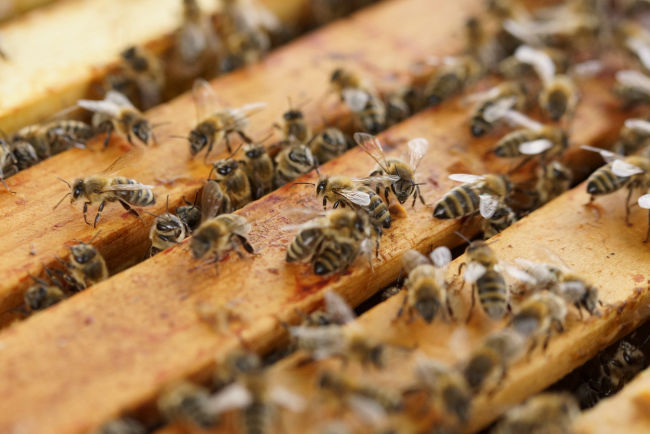
You've caught the bug, you know you want to keep bees, but you are not sure how to start beekeeping - where do you begin? To start with, it can all be a bit daunting, so here are 6 things you need to think about before you start your beekeeping adventure.
Generally, there are no legal restrictions on keeping bees. But in some places (especially in built up areas) there are local laws restricting or even prohibiting keeping bees.

But since bee numbers started declining due to Colony Collapse Disorder and other environmental stresses, lots of local authorities came under pressure to relax any restrictions on beekeeping - the bees need all the help they can get.
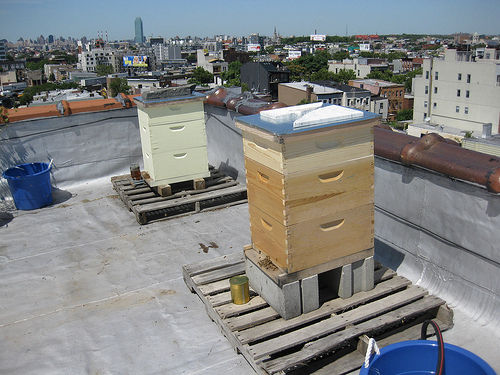
But many people in built up areas, with a lot of people very close by - are now keeping bees too.
Bees are not aggressive creatures, and only ever sting in self defense. Just remember that your neighbours probably do not know this and may need 'educated.'
So you should always let your neighbours know that you are planning to start beekeeping. People can often be suspicious of bees, as there is a common misconception that they are sting-happy and dangerous. Of course, nothing could be further from the truth.
As soon as you have honey bees, it will only take a few weeks for everyone to realize that bees have no interest in humans and generally keep themselves to themselves.
The promise of well pollinated gardens and a gift of a jar of delicious home produced honey can do wonders to bring wary neighbours on board :)
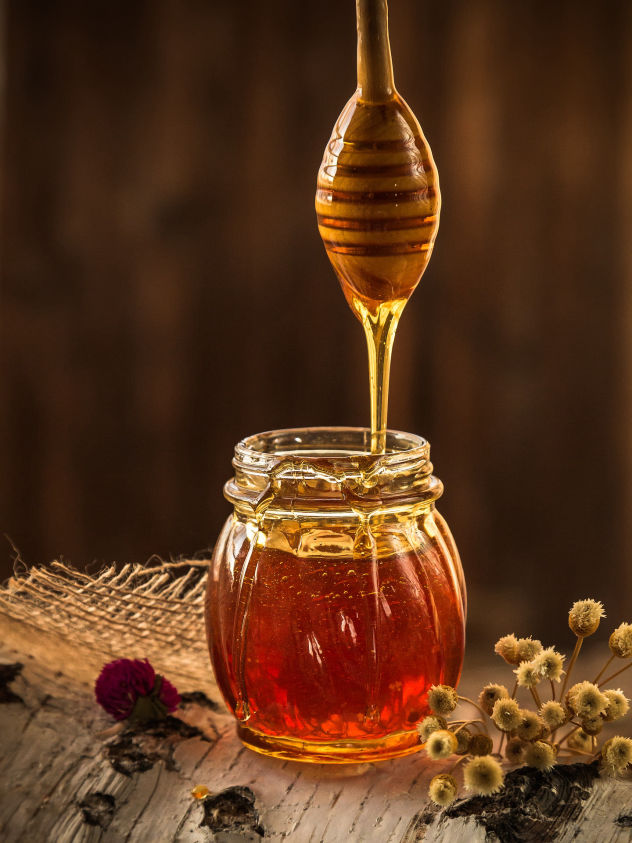
You do not need a lot of space to keep bees. People often associate bees with rural areas and large country gardens, but you can start beekeeping just as easily in a city as in the country.
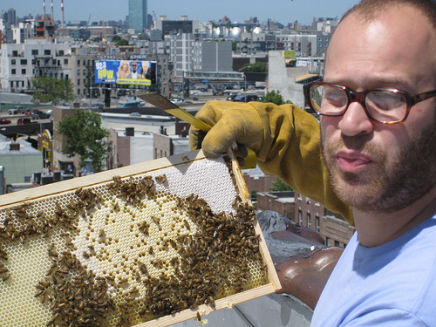
Hives can be kept in very small backyards, in roof gardens or even on balconies, and the bees will do just as well.
Even built up areas have lots of food for bees, from trees, parks, gardens, and other forms of greenery - remember that a bee will happily travel up to 3 miles to collect nectar
The major difference for city beekeepers is scale - city dwellers will often not have room for more than 1 or 2 beehives. Apart from this, the principle for locating all beehives is the same. You want somewhere that is reasonably dry, sheltered, and undisturbed - so that both you and your bees can go about your daily business uninterrupted.
This is a whole subject on it's own (see Beehives and Top Bar Hives), but there are a couple of general points to remember when you start beekeeping.
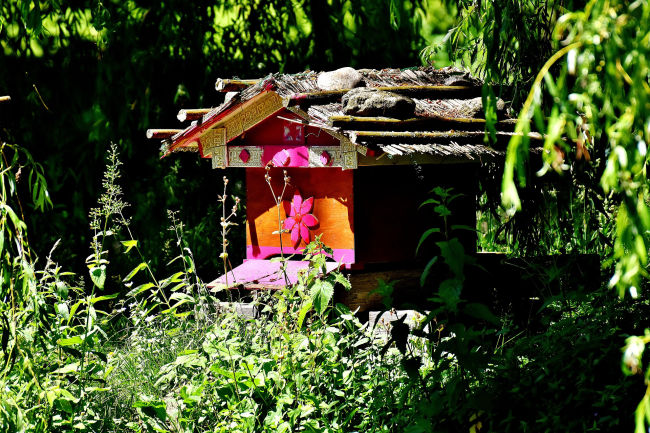
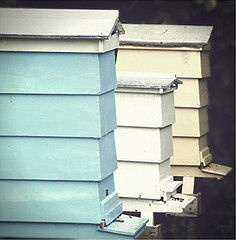
It is probably best to go for a beehive type that is common in your area. If it is common, it obviously suits the conditions. It will also be easier to get help and advice locally from more experienced beekeepers if you have the same type of hive as they do.
There is a whole host of beekeeping equipment available, but to start beekeeping, you really only need 5 things. These are
And of course some bees!
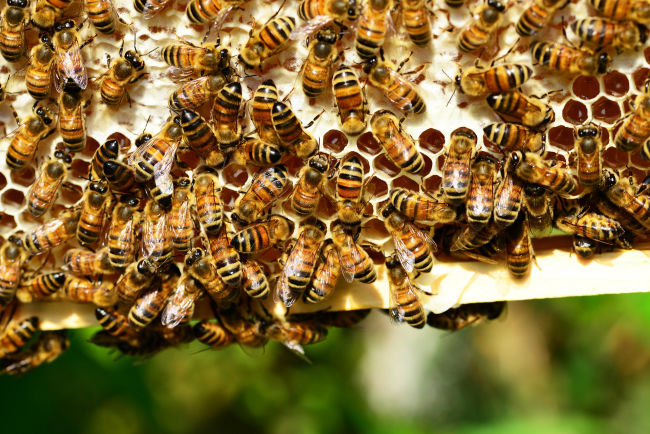
Most other things are optional. As you get hooked, you probably will want to buy a few more bits and pieces, but for now stick to these 5
You can see the full range of all this beekeeping equipment in our store.
When you start beekeeping, there are a number of ways to get bees. You can get your bees from commercial bee farmers, usually through mail order.
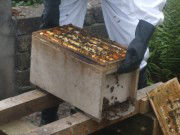
You then transfer these frames to your hive, and as they already contain brood, honey and pollen, your bees will get off to a much better start.
If you do see a swarm of bees, like this one on the branch of a tree, don't try to catch them yourself - get some expert beekeeper help!
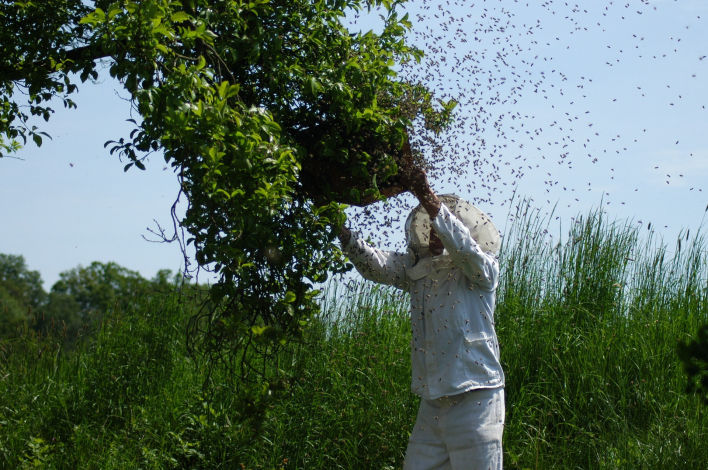
When you want to know how to start beekeeping, there is a lot to learn. But do not be put off!
Bees are fascinating creatures, and you will be rewarded for your efforts. The most important stage is now, before you get your bees. Prepare by learning about bees and beekeeping, & you will find your journey much smoother when you actually start beekeeping.
If you haven't already, sign up for our free 7 day beekeeping ecourse - take all the help you can get :)
On the lookout for some bargains?
Visit our Beekeeping Store
>> Click here for more...
5 pieces of beekeeping equipment that you must have
>> Click here for more...
So many choices... so what is the what type of beehive should you get?
>> Click here for more...
You'll find lots more information (and some great beekeeping pictures!) on the BestBeekeeping blog
>> Click here for more...
SHARE THIS PAGE!